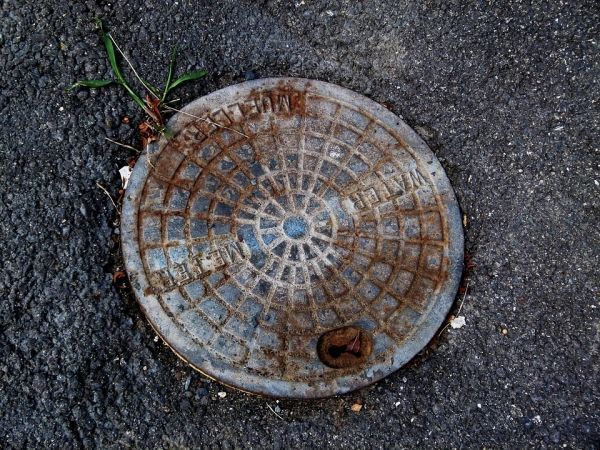Contamination of urban lakes, rivers and surface water by human waste is creating pools of ‘superbugs’ in Low- and Middle-Income Countries (LMIC) – but improving access to clean water, sanitation and sewerage infrastructure could help to protect people’s health, a new study reveals.
Researchers studied bodies of water in urban and rural sites in three areas of Bangladesh - Mymensingh, Shariatpur and Dhaka. They found more antibiotic resistant faecal coliforms in urban surface water compared to rural settings, consistent with reports of such bacteria in rivers across Asia.
Publishing their findings in mSystems today, researchers from the University of Birmingham and the International Centre for Diarrhoeal Disease Research, Bangladesh call for further research to quantify the drivers of antibiotic resistance in surface waters in Bangladesh.
Lead author Willem van Schaik, Professor of Microbiology and Infection at the University of Birmingham, commented: “The rivers and lakes of Dhaka are surrounded by highly-populated slums in which human waste is directly released into the water. The presence of human gut bacteria links to high levels of antibiotic resistance genes, suggesting that such contamination is driving the presence of these ‘superbugs’ in surface water.
Read more at University of Birmingham
Photo Credit: Perkons via Pixabay


